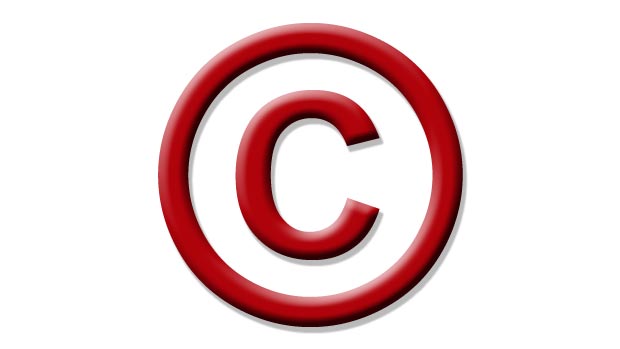What if there were no copyright in music?

As we saw from this recent article and YouTube video, the fashion industry seems to prosper without the protection of copyright. At the same time, the music industry, with all its copyright protections, continues to founder.
So can the music industry take a few hints from fashion? Or are the two industries so very different that the same rules simply don't apply? Here are some points, not necessarily in any order of importance...
Firstly, there is a fundamental difference between an original garment and a knock-off copy. Since the original is made in the designer's own workshop (or by a licensed manufacturer), the buyer can be confident of the quality of the materials and workmanship. The copy might look the same, but it won't necessarily feel the same, have the same level of detail or be as robust.
Contrast that with a CD. A knock-off copy of a CD can be exactly the same as the original. The only slight defect might be an almost invisible degradation in the quality of the artwork. And a copy of a digital download can be identical in every respect to the original.
So if an original CD from an artist's label costs $10, and a (legal) knock-off $3, who would pay the extra $7 for something that is hardly any better. And why pay the Apple Store's price for a download when you can have a legal alternative for pennies?
I think we can see therefore that both physical and downloaded music products need protection, otherwise their creators won't get paid for their work.
But that isn't the only issue...
Forget knock-off copies, now let's think of a superstar fashion designer and someone newly out of fashion school.
The superstar designer spends six months creating a new range and shows it on the runway. The newbie designer sees the show and likes the combination of cut and color, but isn't so struck with the detailing.
So they go back to their workroom and make near-identical copies, but with different details. They have stock manufactured to a high level of quality and put it on sale.
In the fashion industry in the USA, this is entirely legal.
Imagine if this applied to music...
You could hear a new song and if you liked the hook you could immediately incorporate into a song of your own, you could make CDs or make your song available for download.
If the rules of the fashion industry applied, this would be perfectly legal.
I'll leave it to the comments section to explain why this would a bad thing.
I'm more interested in speculating whether it would be a good thing...
Suppose you are a songwriter and you have just reached the level of ability to write a hit song. So you write a song and it becomes a hit. Legal safeguards protect your income from physical sales and downloads.
But then someone else comes along and makes a new recording of your song and say that they wrote it - equivalent to a knock-off fashion designer putting their own label in a garment they have merely copied.
You as the original writer of the song get nothing for the copy version.
But you did get paid for your own release. And since you were first you got the lion's share of the money. There will be few 'long tail' returns, but you have been paid. If you want to earn some more money, you'll have to write another song. Hey, you're a songwriter - isn't that what you do?
So genuine songwriters get a bit less, copyists get a few slim pickings. Is that a big deal?
But there could be another advantage in treating music in a similar way to fashion...
The way things stand at the moment, if you write a song and release it, you put yourself at risk.
There area only twelve notes in an octave so how can you be sure that no part of your song infringes someone else's pre-existing copyright?
What you can be sure of is that if your song becomes a hit 'copyright trolls' will be analyzing it in fine detail to see if there is a note sequence, even momentarily or in the background, that they can say they own already.
If they find anything promising, they will threaten legal action. Since in law it is generally the rule that the big guy beats the little guy, you'll have to cave. You might lose ALL of your money. It has happened.
And how fair is that?
Remember that there are only twelve notes in an octave and it is becoming exponentially more difficult not to repeat a sequence that someone else has previously used. In fact it may be impossible already.
Releasing music from copyright could be the best thing that happened to musicians, and music.
OK, there is no guarantee that this is going to be the best solution, but music copyright is in a bad way at the moment. Bad for music and musicians, good for lawyers. It's bad for corporations too, except they have had their heads in the sand for the last ten years so they don't realize.
If we don't talk about the options, things will only get worse. McCartney, Bono and Elton John made their money years ago. How are you going to make yours?






























